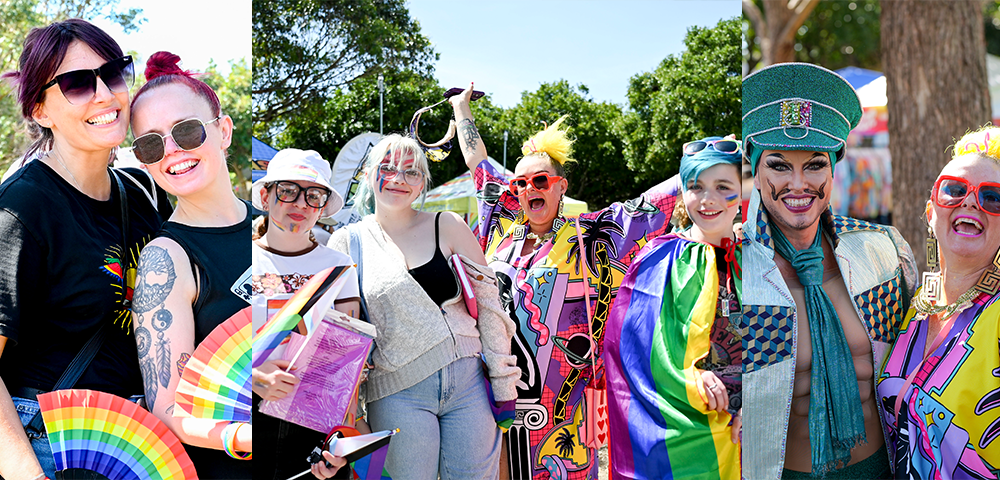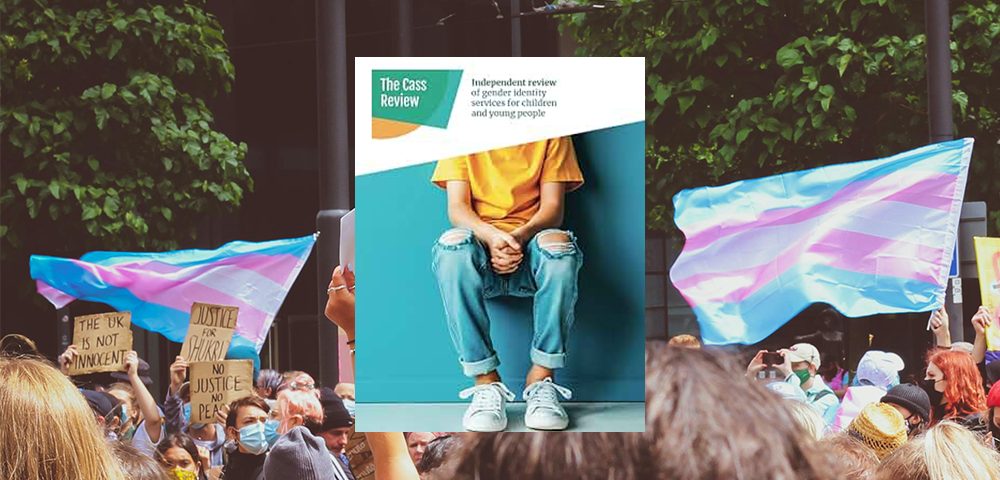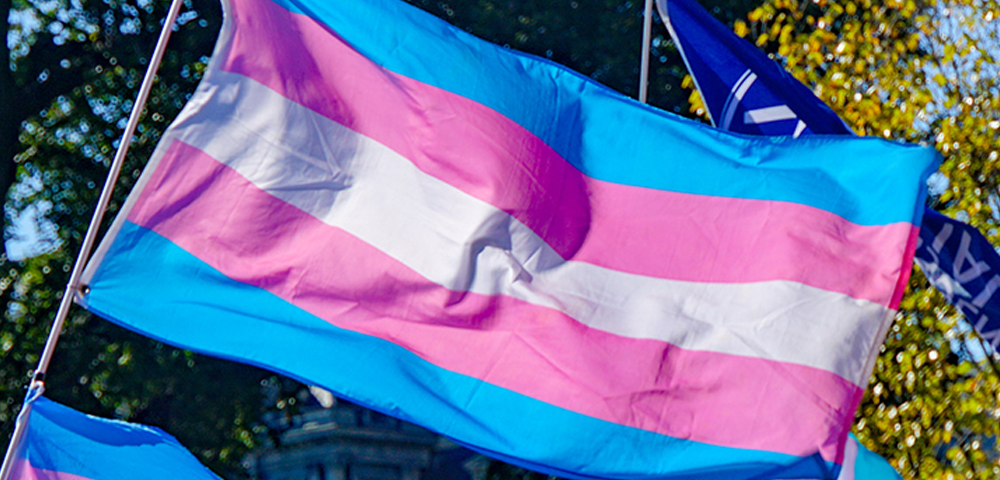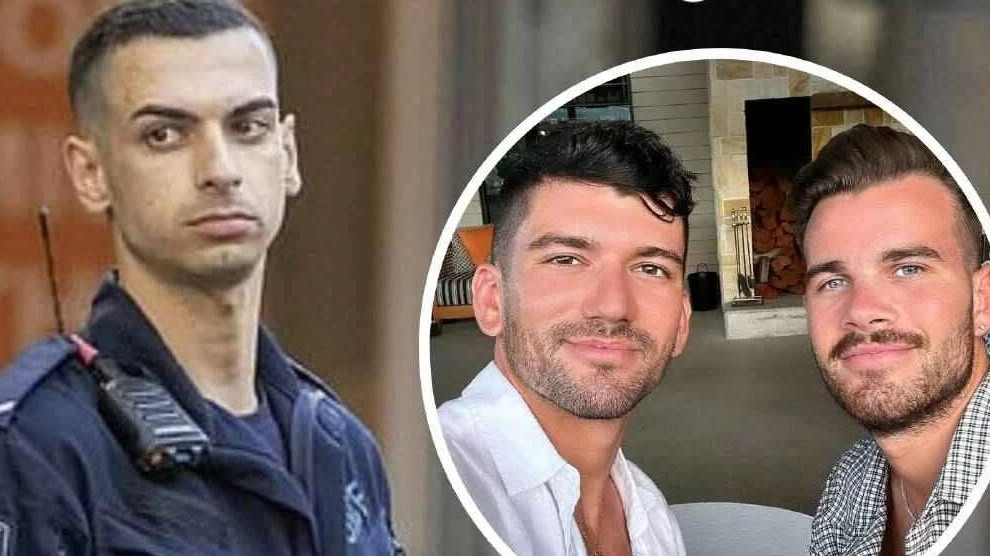
Malta intersex protections spur hope for Australian reform on forced surgical intervention

IN the wake of world-first legislation passing in Malta to outlaw forced surgical intervention on intersex minors, the future of similar legal protections in Australia remain unclear as advocates call on state and federal governments to move on the issue.
Organisation Intersex International (OII) Australia renewed its calls for governments to adopt the recommendations of the 2013 Australian Senate committee report Involuntary or coerced sterilisation of intersex people in Australia, which would enact similar protections locally as the Malta legislation.
The report examined the practice of sterilisation and so-called “normalising surgeries”, which aim to reconstruct intersex genitals to adhere to a male/female binary of biological sex and can cause severe and life-long trauma.
The status of the recommendations are unclear since the report was discussed in the Senate early last year and the NSW upper house called for their implementation last November.
Victoria is currently the only state with a government minister specifically responsible for intersex people — Minister for LGBTI Equality Martin Foley — who said intersex people will be included in the government’s planned review of state legislation to remove discrimination against LGBTI Victorians.
“The government has committed to a review of all Victorian laws to ensure that they do not discriminate against LGBTI communities and to implement programs recognising their specific health needs,” Foley told the Star Observer.
“We will establish the Health and Human Services sub-committee of the whole-of-government Ministerial Advisory Committee, and we will be guided by consultation with OII and others on health matters.”
OII Australia president Morgan Carpenter told the Star Observer he had some concern over Victoria’s track record on intersex issues, and mentioned concerns previously raised by former LGBTI Ministeril Advisory Committee (MAC) member and OII Australia vice-president Tony Briffa.
“The Victorian government has historically funded a number of LGBTI programs, but none of them focus on the needs of people with intersex variations,” Carpenter said.
“Indeed, none of them were able to even make a submission on intersex health or human rights issues to the recent federal Senate inquiry… Intersex issues also seemed to be the lowest priority for the previous MAC — and Tony Briffa spoke about her misgivings last year.”
Briffa said intersex Victorians had been “thrown under a bus” by the former government after the MAC resulted in few outcomes around intersex health.
Briffa also cited a lack of funding and resources to participate in bodies like the MAC as a major problem for intersex advocacy, a concern echoed by Carpenter.
“Part of the reason for that is our lack of resourcing: we provide peer and family support, and information and advocacy all without any government funds. It’s time we became a priority,” Carpenter said.
“It’s great to see the new Victorian government make fine statements, and it would be great to see some practical leadership.”
Director of advocacy and strategic litigation for the Human Rights Law Centre Anna Brown has been heavily involved in legislative and policy reform around LGBTI issues in the Victoria for a number of years, and told the Star Observer Minister Foley’s Equality portfolio provided a unique opportunity.
“With a new Minister for Equality with specific responsibility for the rights of intersex people we have a fantastic opportunity in Victoria to take the learnings from other jurisdictions and tackle this issue,” she said.
“It would be a shame if the scope of the Government’s review of discriminatory laws was not broad enough to include practices such as the routine surgeries performed on intersex babies.”
Statistics around forced surgical interventions on intersex minors are unclear, but OII indicated they still take place in Victoria.
“Forced medical interventions still take place in Victoria for rationales that include social reasons, such as parental distress, stigma, and even future marriage prospects,” Carpenter told the Star Observer.
“These are much the same as arguments favouring FGM (female genital mutilation) in countries where such practices are the norm. Clinician arguments focus on the timing and degree of ‘ambiguity’ of surgical interventions, rather than their necessity, the validity of social rationales, and the need for personal and informed consent.”
Carpenter pointed to the Maltese legislation as a model putting “personal informed consent first”, in line with the senate committee’s recommendations.










Thank god Australia was the first country in the world to pass a law, banning discrimination on the basis of “intersex status”!
Dear Luxifer
This is an unfortunate circumstance with pressure on the intersex discrimination. It is time for change to more equal representation in the government. Humans are equal is their variation of who there are.
Federal law and/or state/territory law?
Hi Paul, just like the legal framework criminalising FGM, and like our health system itself, there are implications for both federal and state/territory law. Because state governments manage hospitals, regulatory or legislative change at state level can be very effective.